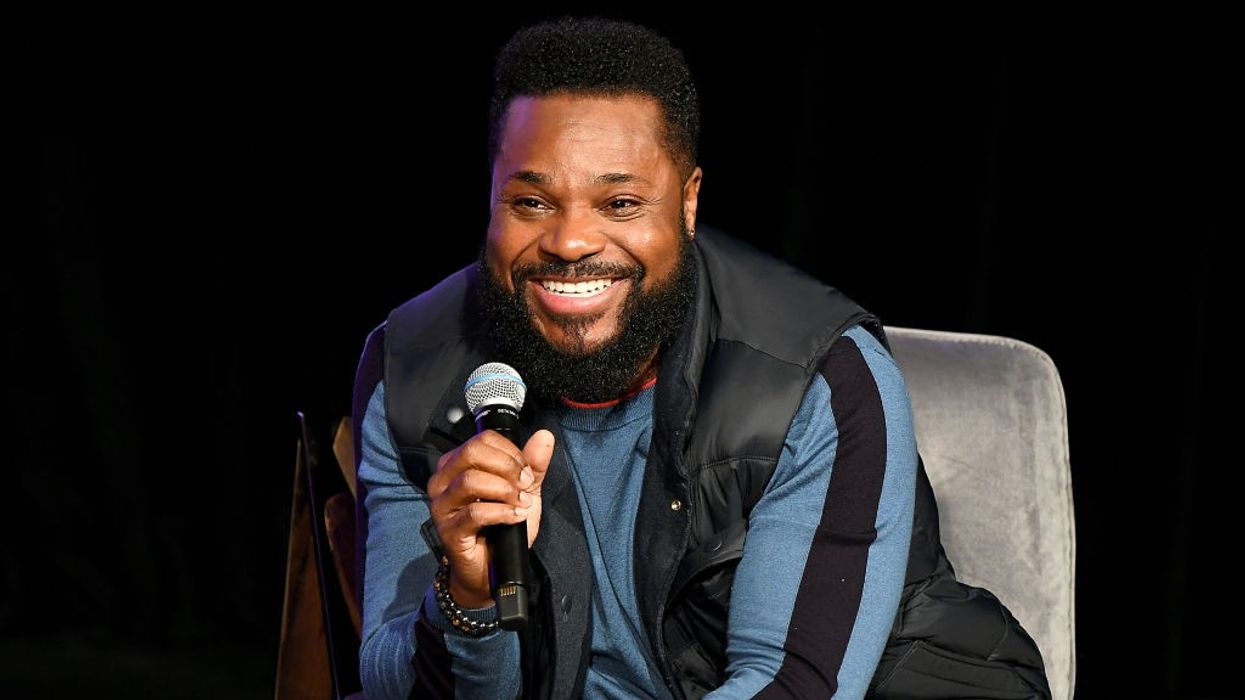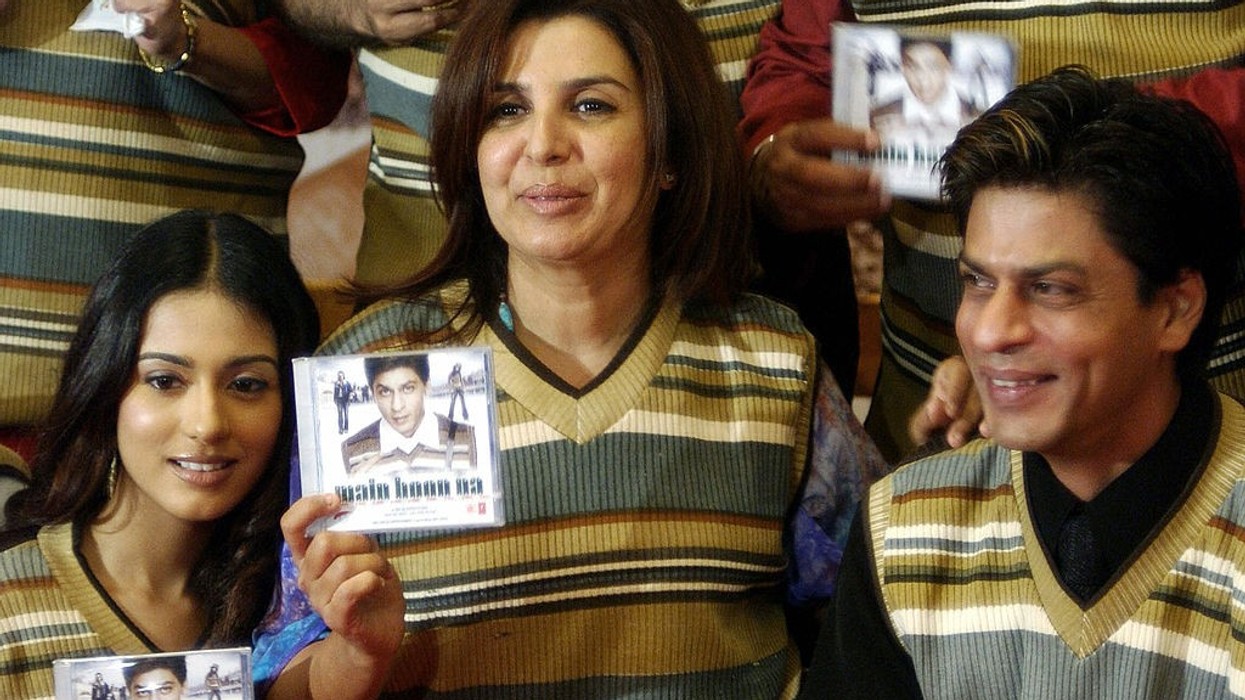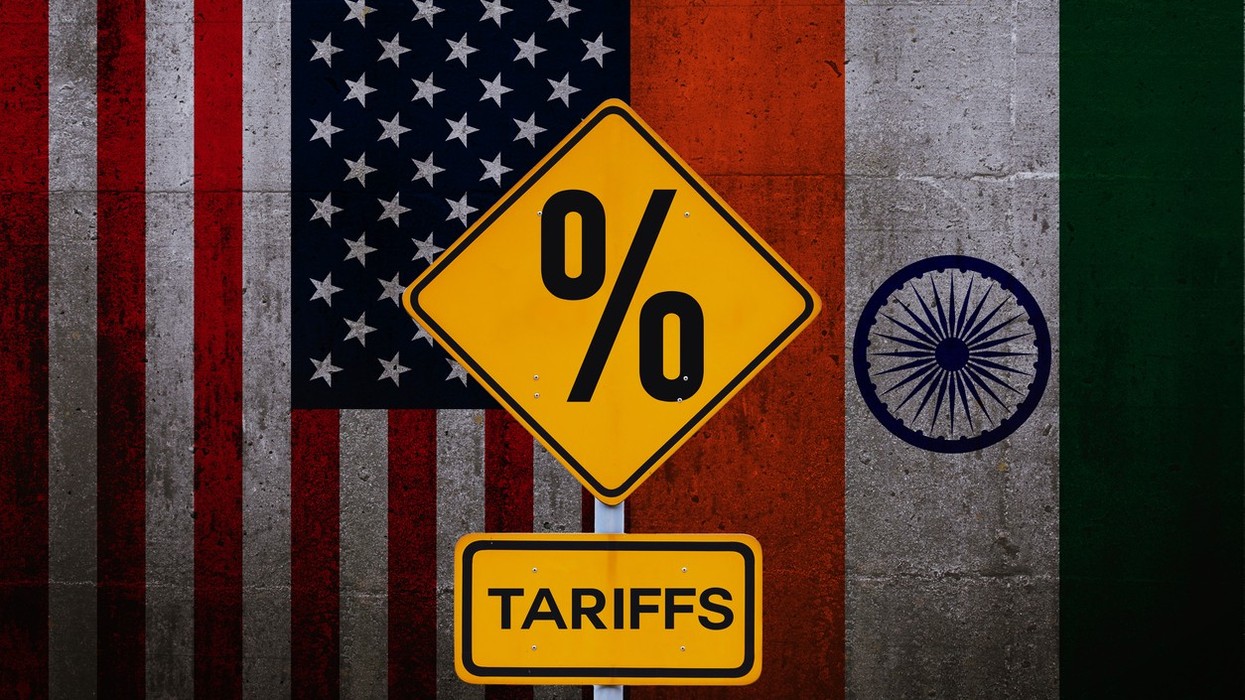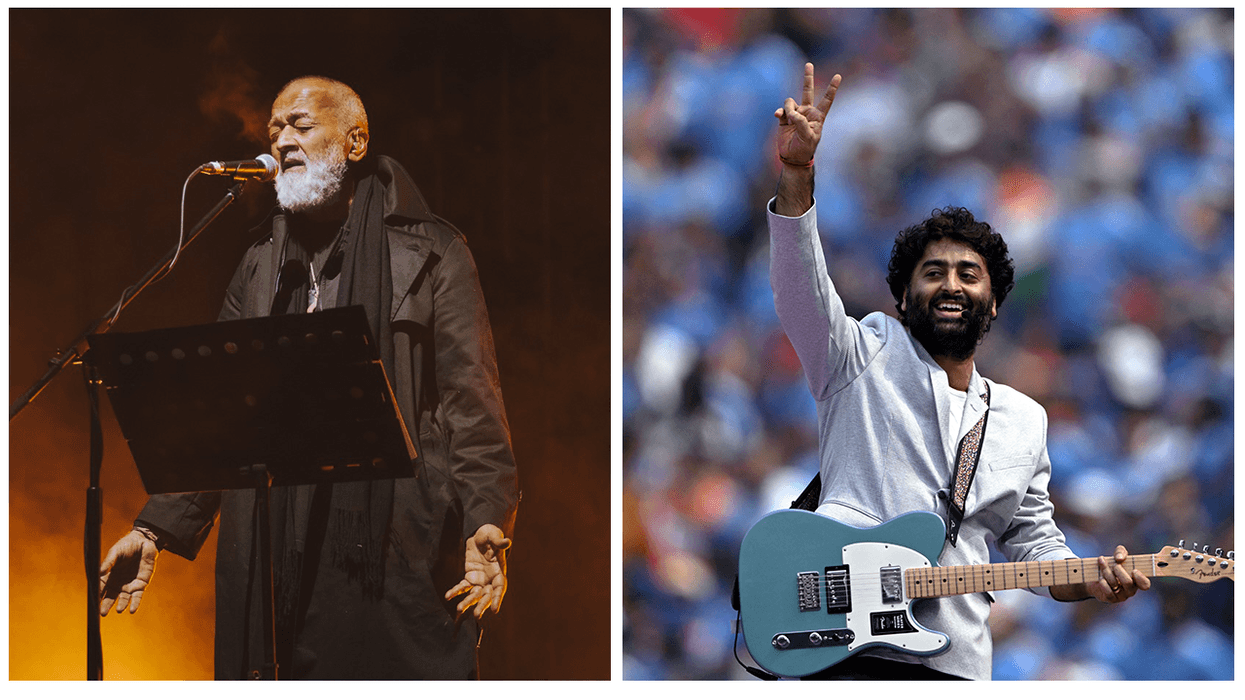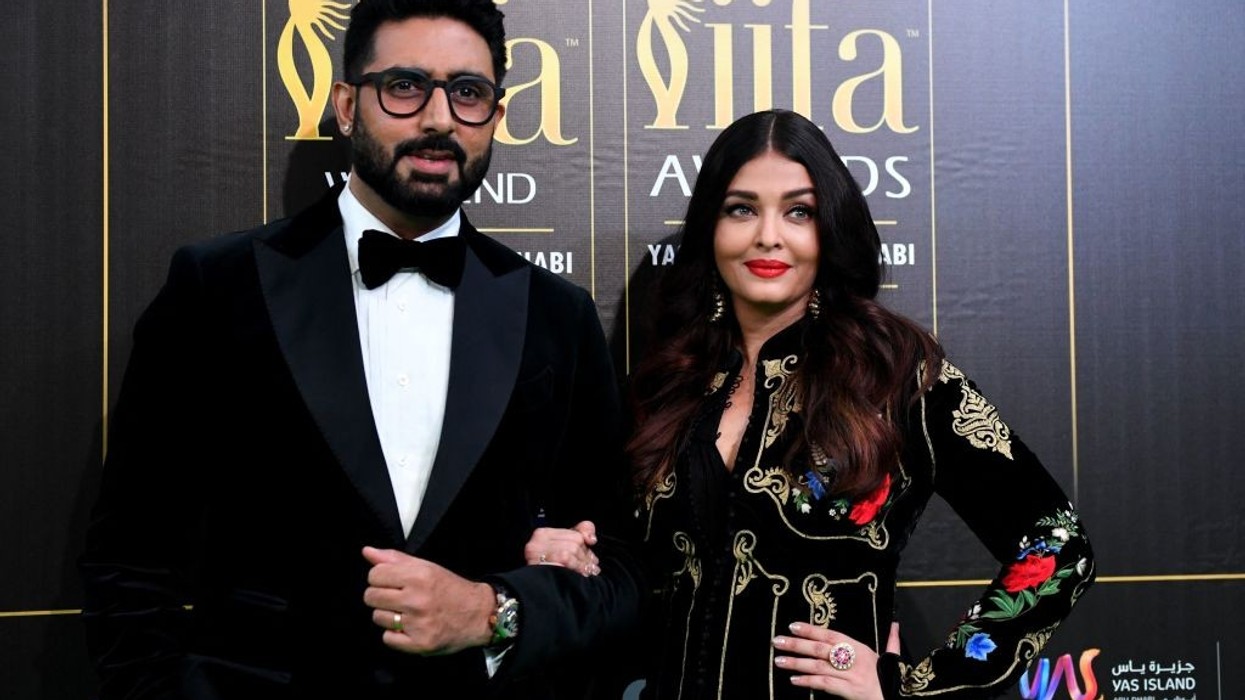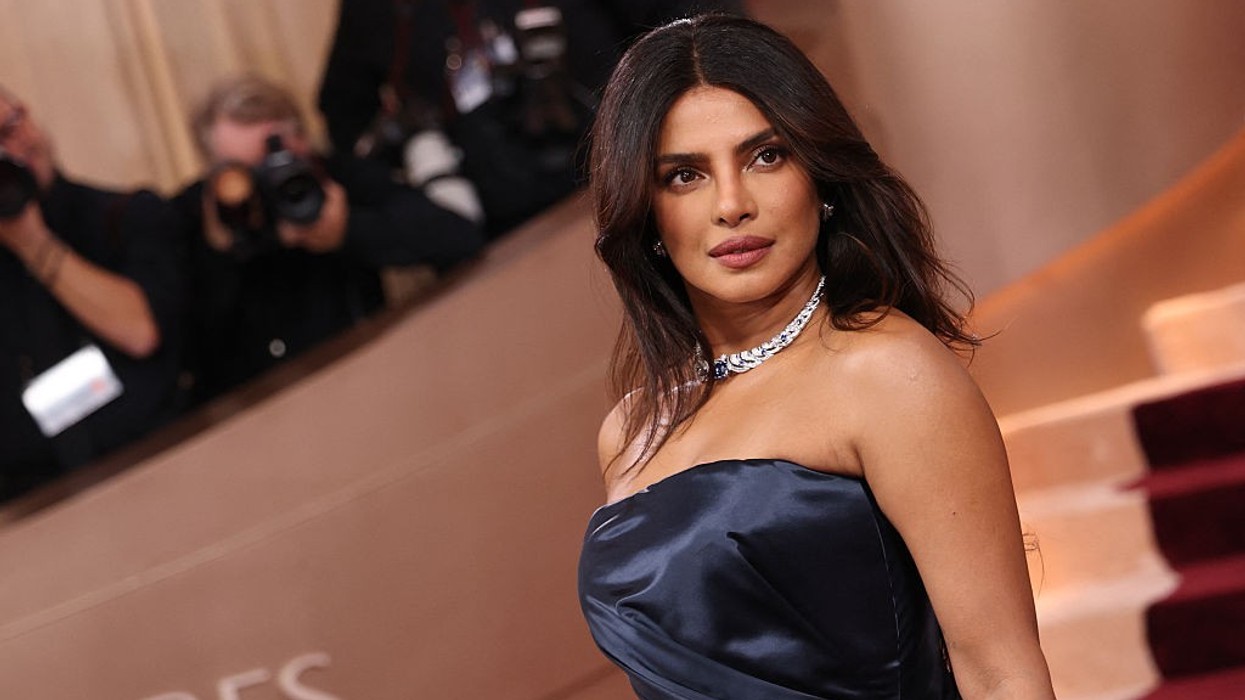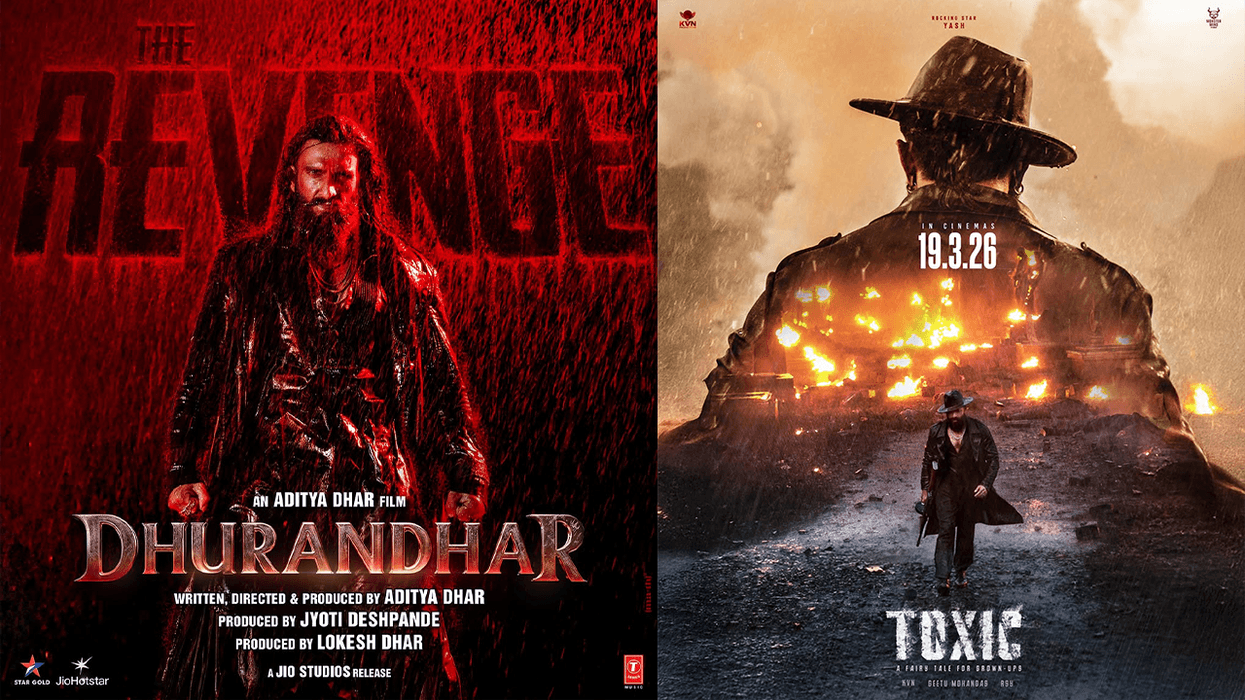Actor Malcolm-Jamal Warner, best known for his role as Theo Huxtable on the iconic American sitcom The Cosby Show, has died at the age of 54. A source confirmed that Warner tragically drowned while swimming during a family vacation in Costa Rica.
A tragic loss
Warner passed away due to an accidental drowning while spending time with his family. The incident occurred during a personal trip, and though a representative has not officially commented, the news has been verified by sources close to the family. He is survived by his wife and daughter, whose identities he had kept private throughout his life.
Rise to fame with The Cosby Show
Malcolm-Jamal Warner rose to fame in the 1980s with his breakout role as Theo Huxtable, the only son of Dr. Heathcliff Huxtable, played by Bill Cosby, on The Cosby Show. The sitcom aired from 1984 to 1992 and became a landmark in television history for its positive portrayal of a middle-class African-American family.
In a 2023 interview, Warner reflected on his time on the show, expressing the deep connection he still felt with his former cast members. “We share a unique experience that keeps us lovingly bonded,” he said, emphasizing how proud he remained of the show despite the controversies surrounding Cosby.
Post-Cosby career highlights
After The Cosby Show, Warner continued a successful career in television. He starred alongside Eddie Griffin in the sitcom Malcolm & Eddie, which ran from 1996 to 2000. From 2011 to 2015, he played Alex Reed in Reed Between the Lines with Tracee Ellis Ross.
In more recent years, Warner took on various roles in popular TV dramas, including Major Crimes, Suits, and The Resident, in which he played Dr. AJ Austin. His last acting credits include appearances on 9-1-1 and Alert: Missing Persons Unit.
Advocating through podcasting
Outside of acting, Warner made strides in advocacy and mental health awareness with his podcast Not All Hood. Co-hosted with Weusi Baraka and Candace Kelley, the show aimed to open up conversations around vulnerability, masculinity, and mental health within the Black community.
Describing it as a safe space for honest dialogue, Warner said, “It’s a place where I feel safe enough to be as vulnerable as I allow myself to be.” He spoke passionately about breaking down the myths surrounding Black identity and emphasized that the podcast gave voice to the multifaceted nature of Black life.
Remembering a legacy
Warner acknowledged the shift in public perception surrounding The Cosby Show due to Bill Cosby’s legal controversies, but he remained proud of the show’s cultural impact. “Regardless of how some people may feel about the show now, I’m still proud of the legacy,” he said.
His influence stretched beyond television, making lasting contributions to culture, entertainment, and community advocacy. As fans mourn his passing, Warner is remembered not just for his television roles but also for his commitment to authenticity and representation.
